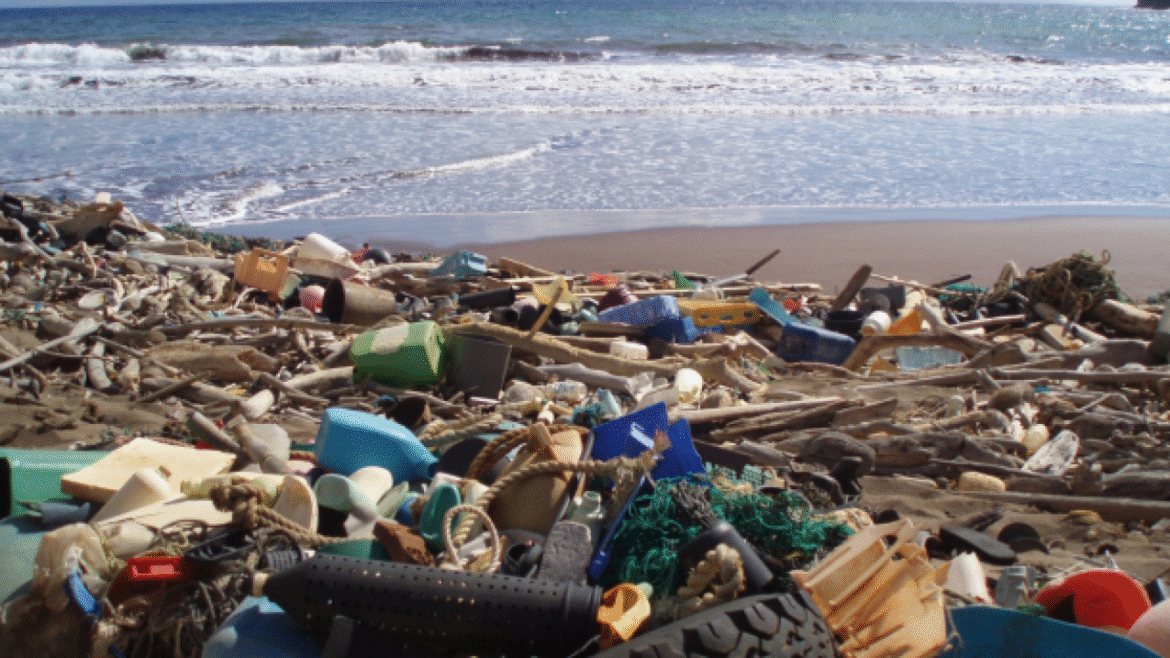AI Generated Summary
- Coordinated through the EU’s Horizon Europe programme and co-financed by India’s Ministry of Earth Sciences (MoES) and Ministry of New and Renewable Energy (MNRE), the calls aim to forge scalable, sustainable solutions to the twin challenges of marine pollution and green hydrogen production.
- In a major boost to their strategic partnership, the European Union and India today unveiled two collaborative research initiatives under the EU-India Trade and Technology Council (TTC), mobilizing a combined investment of €41 million (approximately ₹394 crore).
- Strengthening a Strategic PartnershipEstablished in February 2023 upon the joint announcement by European Commission President Ursula von der Leyen and Prime Minister Narendra Modi, the EU-India TTC serves as a high-level forum to deepen cooperation across trade, technology and innovation.
In a major boost to their strategic partnership, the European Union and India today unveiled two collaborative research initiatives under the EU-India Trade and Technology Council (TTC), mobilizing a combined investment of €41 million (approximately ₹394 crore). Coordinated through the EU’s Horizon Europe programme and co-financed by India’s Ministry of Earth Sciences (MoES) and Ministry of New and Renewable Energy (MNRE), the calls aim to forge scalable, sustainable solutions to the twin challenges of marine pollution and green hydrogen production.
Battling Marine Plastic Litter
The first funding round, with a total envelope of €21.3 million (India contributing the equivalent of €9.3 million), will support projects that monitor, assess and mitigate the impacts of marine pollutants—ranging from microplastics to heavy metals and persistent organic compounds. This initiative aligns with global commitments such as the UN Decade of Ocean Science for Sustainable Development and underpins key goals of both the EU’s Zero Pollution Action Plan and India’s National Marine Litter Policy.
According to the EU statement, projects may include advanced sensor networks for real-time monitoring, biodegradable alternatives to conventional plastics, and novel bioremediation techniques. “Protecting our oceans is a shared responsibility,” remarked an EU research official. “This collaboration will deliver innovations that can be scaled up worldwide, safeguarding marine ecosystems and coastal communities alike.”
Turning Waste into Clean Fuel
The second call dedicates €19.3 million (including €10 million from the EU and €9.3 million from MNRE) to pioneering waste-to-renewable hydrogen technologies. Recognized as crucial for the low-carbon transition, green hydrogen produced from waste feedstocks promises to enhance energy security while reducing lifecycle emissions. Funded projects are expected to explore everything from catalytic conversion of agricultural residues to integrated landfill gas upgrading systems.
“Hydrogen is not just a molecule; it is a linchpin of our clean-energy future,” said an MNRE spokesperson. “By partnering with European researchers and industry, we can drive down costs and accelerate deployment of environmentally benign hydrogen solutions.”
Next Steps and Future Calls
Both calls welcome submissions from European and Indian consortia—comprising companies, startups, research institutes, NGOs and individual scientists. Deadlines are set for September 2 (hydrogen) and September 17 (marine pollution). Building on these launches, the TTC plans additional joint calls in 2026 focusing on battery recycling for electric vehicles and collaborative wastewater treatment technologies, bringing the total investment under the TTC framework to nearly €60 million.
Strengthening a Strategic Partnership
Established in February 2023 upon the joint announcement by European Commission President Ursula von der Leyen and Prime Minister Narendra Modi, the EU-India TTC serves as a high-level forum to deepen cooperation across trade, technology and innovation. Its research and innovation pillar, rooted in a cooperation agreement dating back to 2001 and renewed in 2020, has already supported over 200 joint projects. These new, mission-driven calls mark a further step toward tangible, high-impact outcomes that serve both regions and the wider global community.




